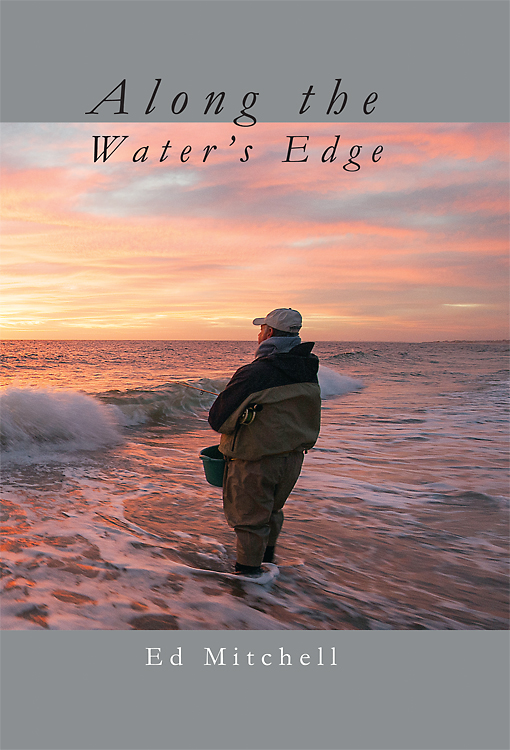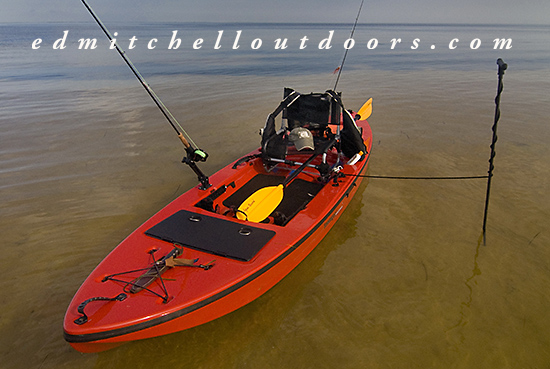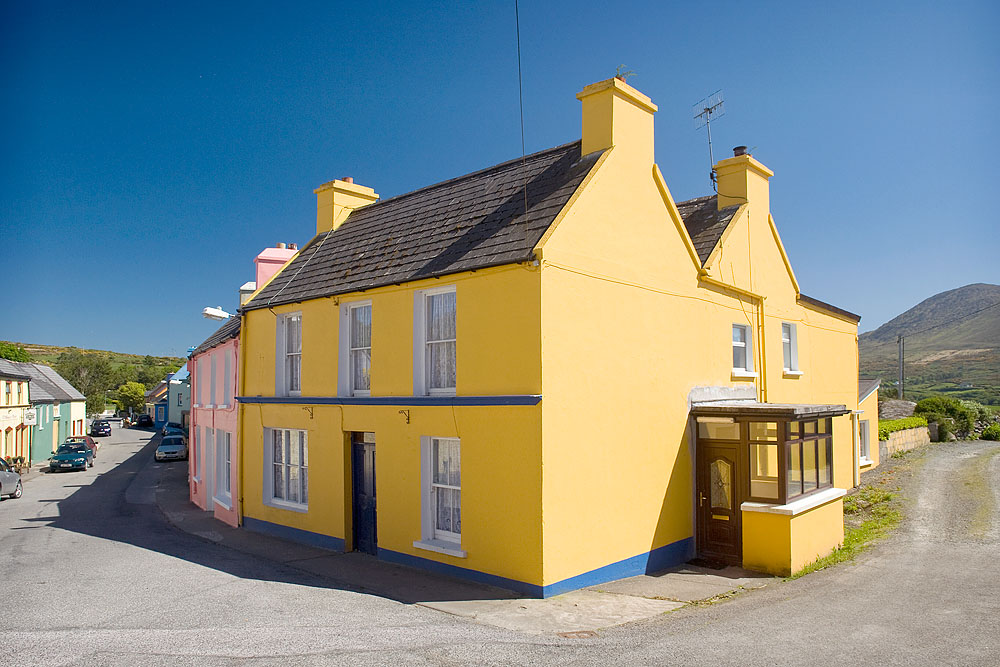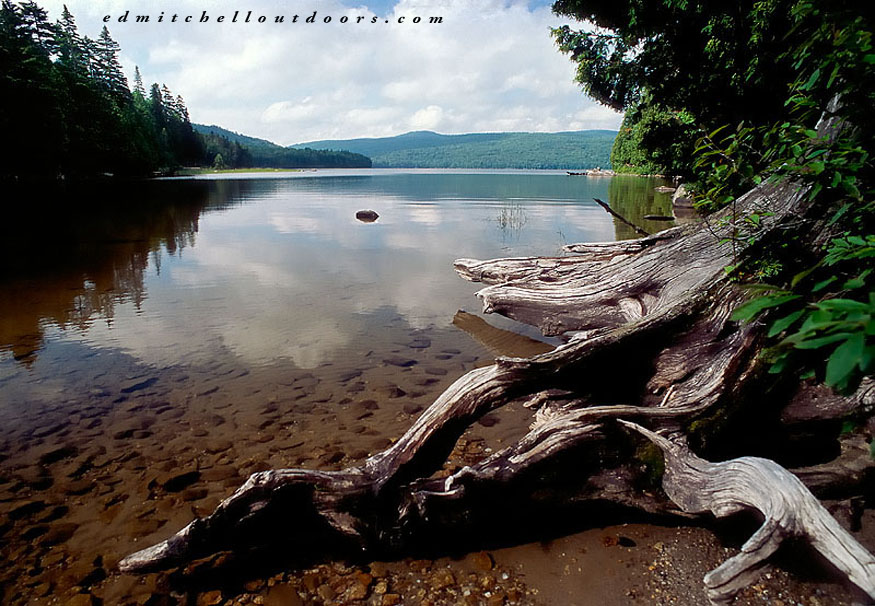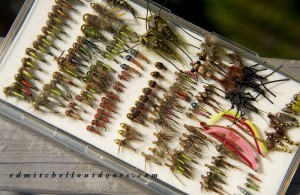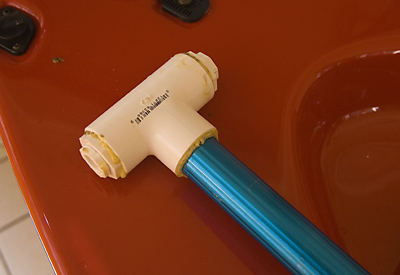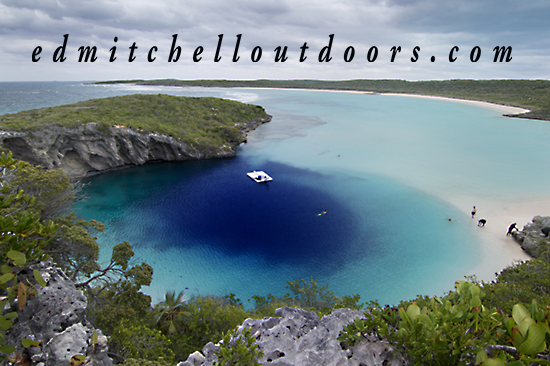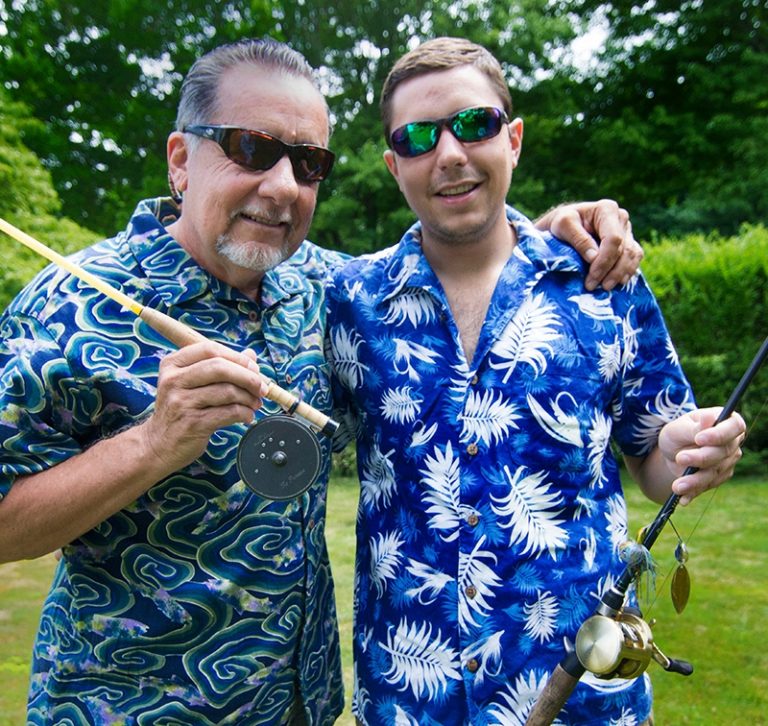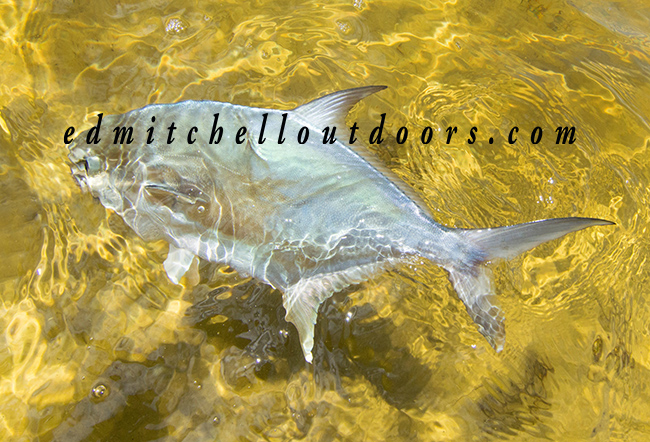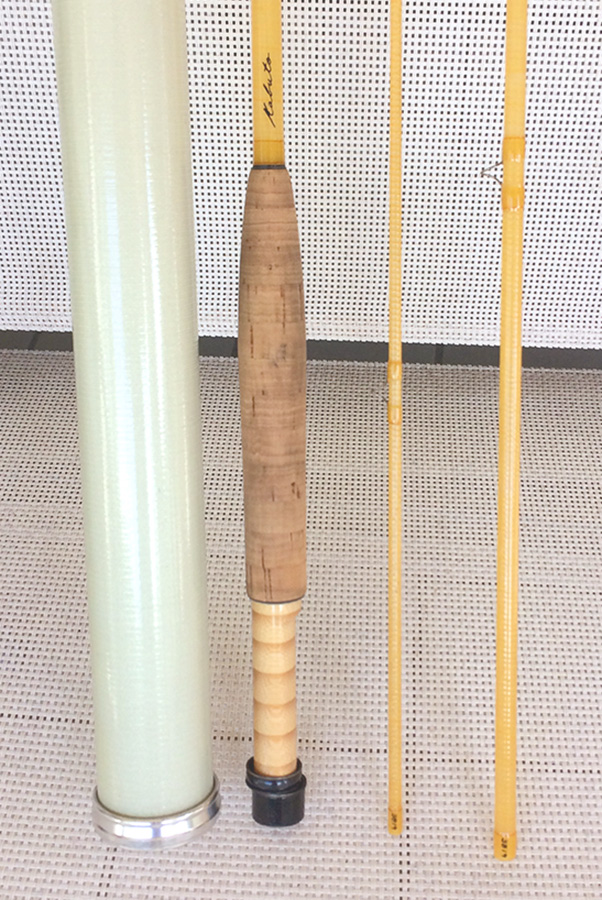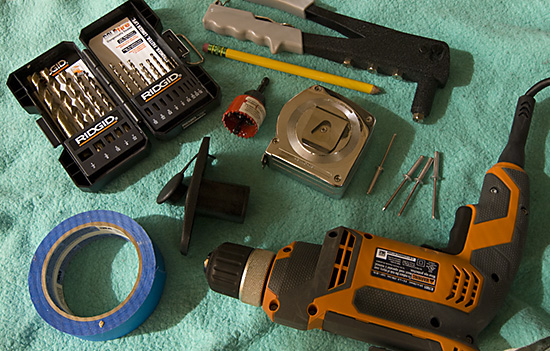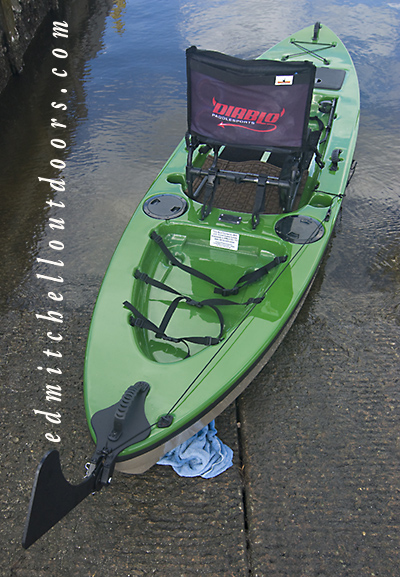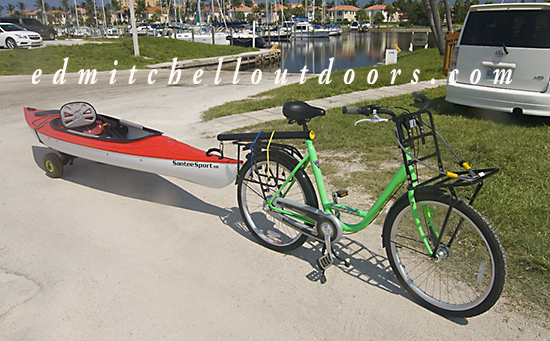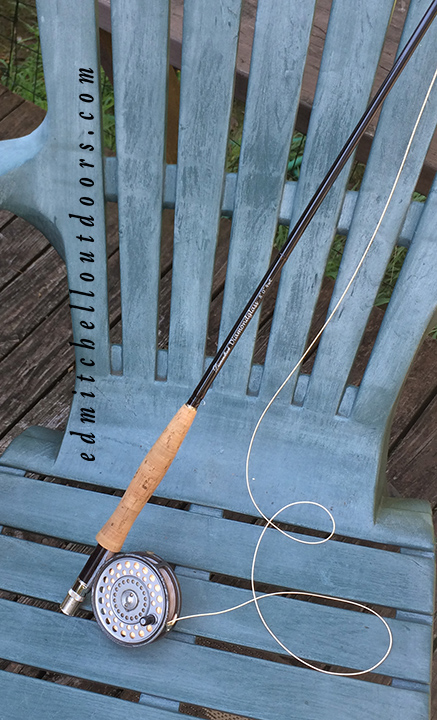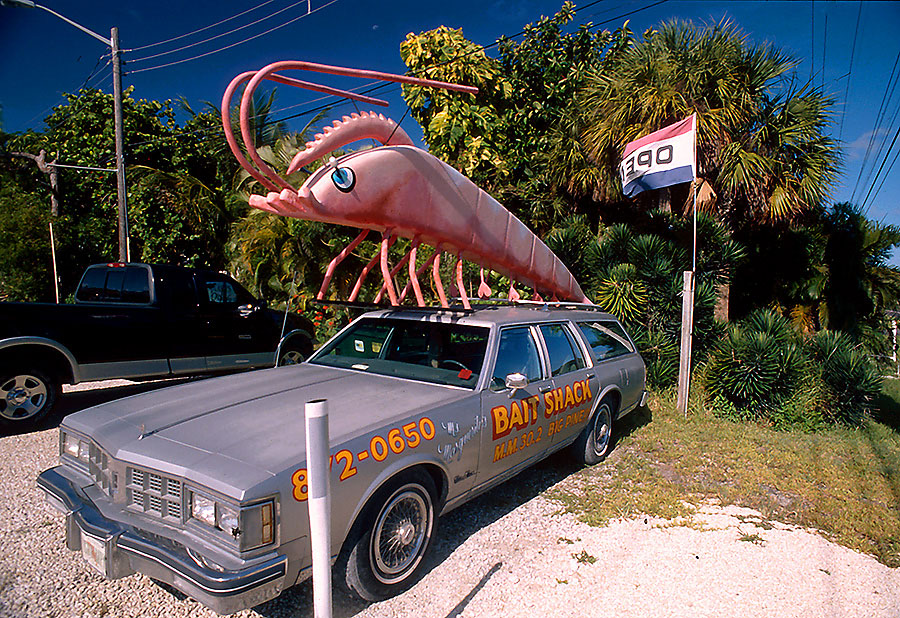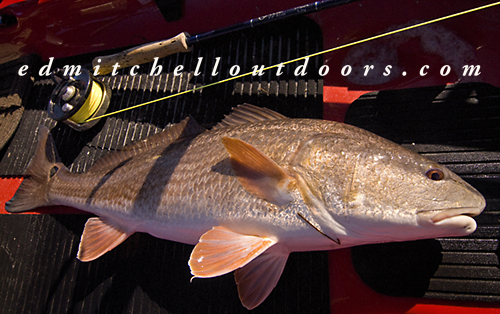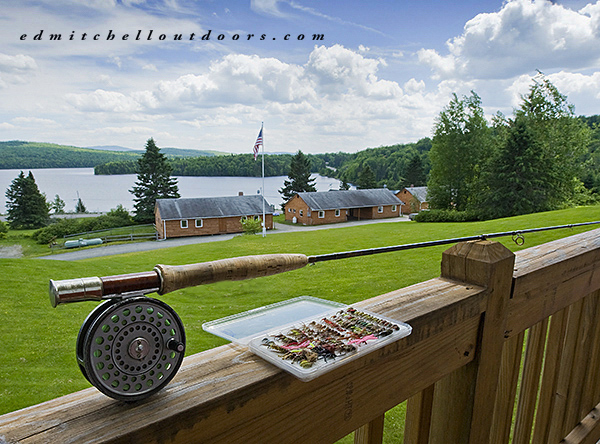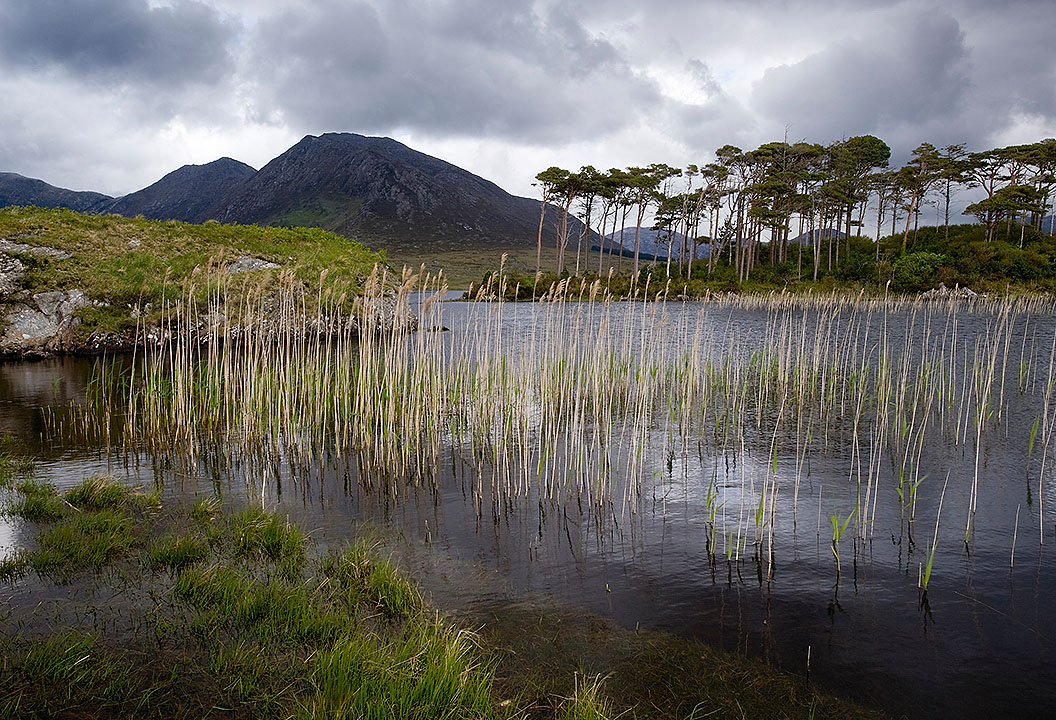The Challenge our Fisheries Face: Is Growth the same as Progress? Here in Charlotte Harbor our fisheries have been slipping for several years and are presently, for the most part, in crisis mode. Stricter fisheries management is one way to improve the number of healthy fish that swim in our waters. No question. Its been proven time and again. But there is one critical issue marine fisheries face across our nation that size, season, and creel limits can not hope to heal – declining water quality.
With over 350 folks per square mile, Florida is already the 8th most densely populated state in the nation. Along with that, it is estimated that a 1000 people a day are moving

Florida Population Growth
into the Sunshine state. Clearly that’s a lot of growth. And that growth is placing increased demands on both our infrastructure and our natural resources.
Some people argue that growth and progress are synonymous. But is that true? Hardly. Progress happens when a civilization creates better living conditions for its citizens – cleaner air, cleaner water, less stress, more open space, and a healthy environment free of toxins where people can live long productive lives. Uncontrolled growth, on the other hand, often kills progress in its tracks – producing dirtier water, dirtier air, more traffic, more noise, more stress, more toxins, and a decline in our natural resource.
Consequently the largest challenge our nation’s marine fisheries face is excessive coastal growth and the resulting contamination of our nearshore waters. This is especially true in estuaries such as Charlotte Harbor. For it is in estuaries that 75 percent of all marine fish are born. And where over 90 percent of all marine fish will spend some time during their lives. Estuaries are that important. Without them our fisheries are not sustainable.
If we hope to be successful in solving water quality problems, marine fisheries biologist must enter a new and complex political arena. They must begin to talk with and educate land based organizations such as coastal town zoning boards, developers, land use regulatory bodies, water use regulatory bodies, agriculture concerns, marinas, highway engineers, sewage plant operators, to name a few. Obviously this means convincing a great many people that growth isn’t always progress. To see the Atlantic States Marine Fisheries Commission’s attempt click here.


